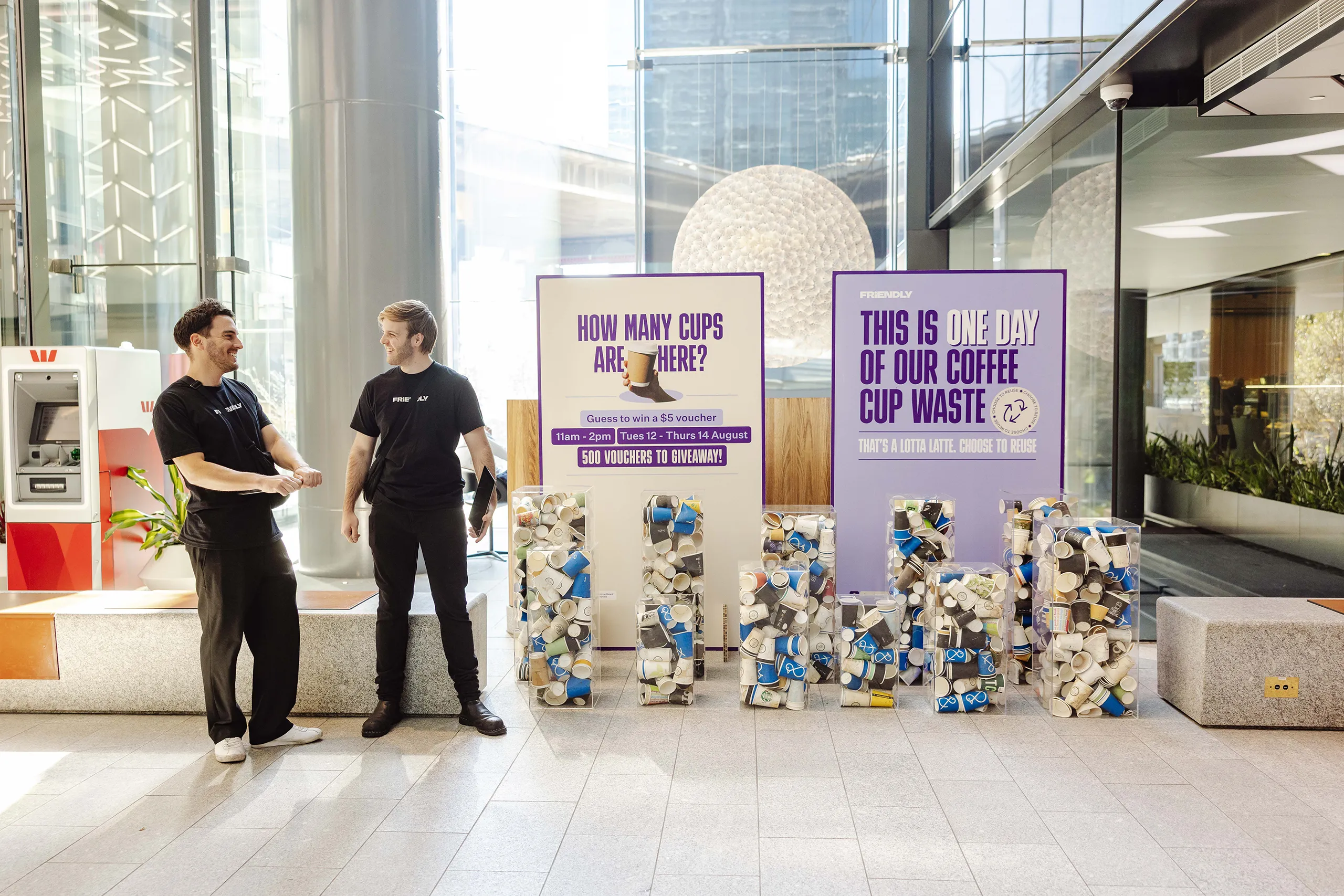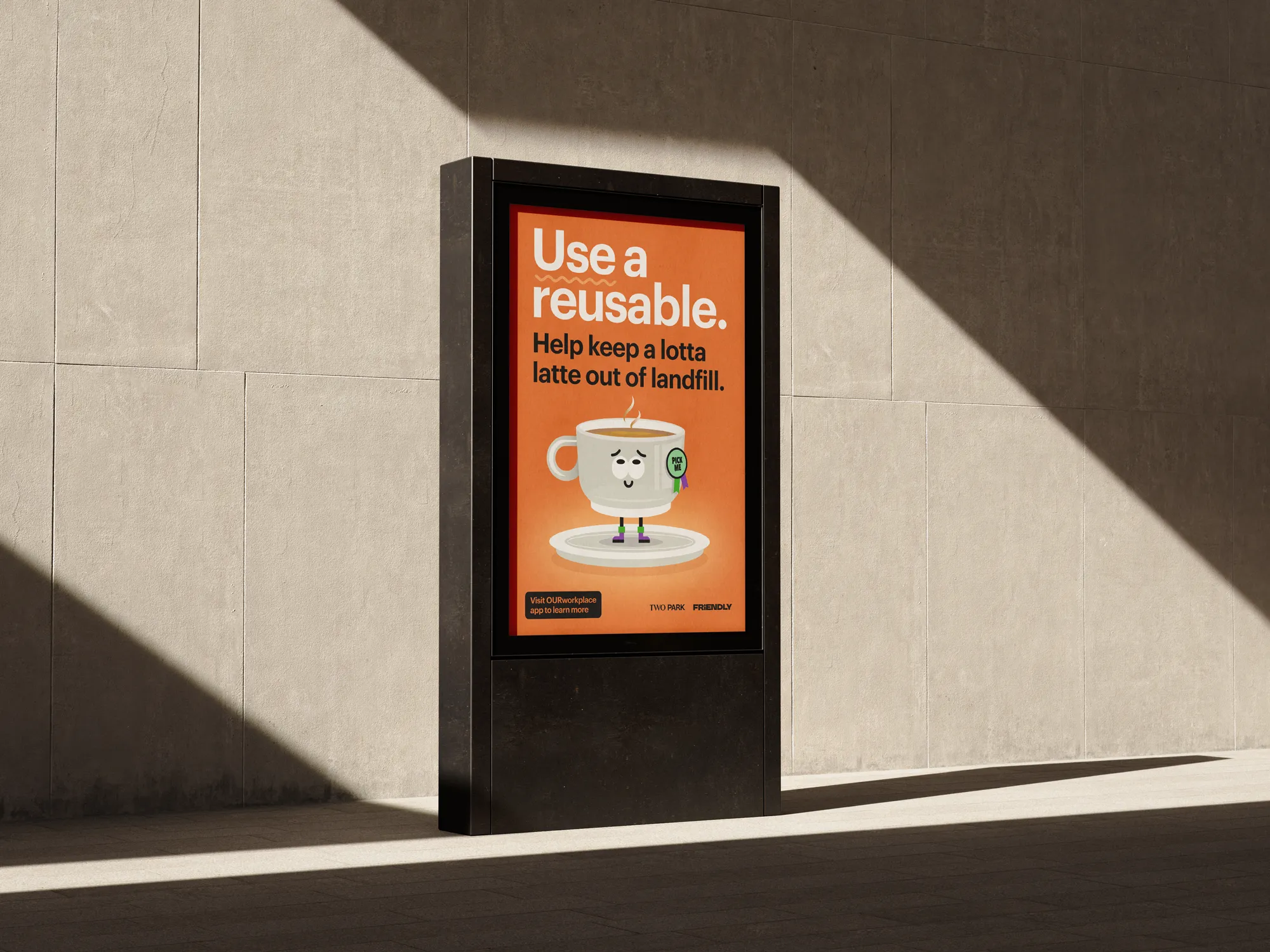Ignite Lasting Behaviours.




Behavioural change communications are a gentle science. Nobody likes to be told what to do. We’ve adopted a behavioural model based on respect and empowerment; we believe connection and change should be inspired, not forced.
Our model is informed by the psychology of proven human behaviours and the science behind complex habit changes. We understand the value of data; so, we’ve woven the reporting of sentiment, knowledge, and behaviour change throughout. This approach allows your investment in our programs to be effective, targeted and measured.
Our programs ignite lasting behaviour through a simple, repeatable cycle:

Our programs help you:
Increase recycling participation
Reduce contamination
Reduce waste
Reduce waste costs
Improve NABERS ratings
Meet FOGO compliance
Support your company’s ESG initiatives.
The process

Friendly Fact-Finding
We start with insights to identify barriers, unveil opportunities, and set realistic goals:
Site audits
Stakeholder interviews and feedback collection
Behavioural mapping
Benchmark reporting and recommendations
Friendly Solutions
Our behaviour-change programs include:
Activations (e.g. our popular Bin Ball, Trash Toss and Bin Pong games)
Communications campaigns: videos and digital posters
Customised waste signage
Waste training, education and onboarding
Competitions, quizzes and rewards
Friendly Wins
Review and report on:
Reduced contamination rates
Improved recycling rates and Organics recovery
Increased team/tenant engagement for overall waste performance improvement









